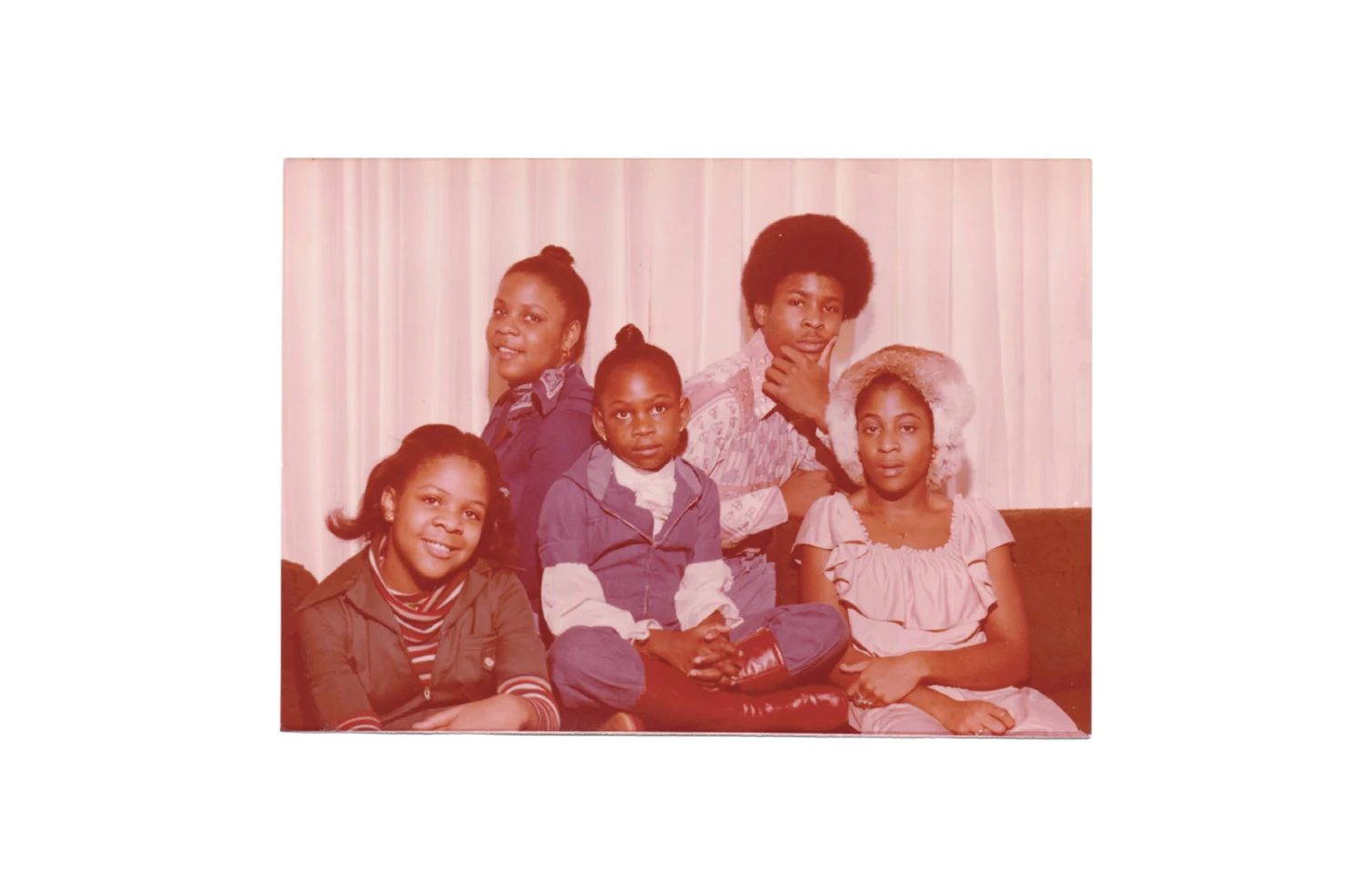these hips
And when Abram entered Egypt, the Egyptians saw that Sarai was very beautiful.
Genesis 12:14
The men of the place asked him about his wife, and he said, “She is my sister,” for he was afraid to say, “my wife”—thinking, “the men of the place might kill me on account of Rebekah, since she is very beautiful.” Genesis 26:7
Leah’s eyes were weak, but Rachel was beautiful in form and appearance.
Genesis 29:17
Her father said, “I really thought you utterly hated her, so I gave her to your companion. Is her younger sister not more beautiful than she? Please take her as your wife instead.”
Judges 15:2
One evening David got up from his couch and was walking on the flat roof of the king’s palace, and from there he saw a woman bathing; she was very beautiful in appearance.”
2 Samuel 11:2
It happened afterwards that Absalom the son of David had a beautiful sister whose name was Tamar, and Amnon, her half-brother, the son of David was in love with her. Amnon was so frustrated because of his half-sister Tamar that he made himself sick. For she was a virgin, and he knew it was impossible for him to do anything with her. But he would not listen… and since he was stronger than her, he violated her and lay with her. 2 Samuel 1-2, 14
When the king’s heart of joyful with wine, he commanded his seven eunuchs to bring Queen Vashti before the king wearing her royal crown, her high turban, to display her beauty before the people and the officials, for she was lovely to see.
Esther 1:10-11
Then the king’s attendants, who served him said, “Let beautiful young virgins be sought for the king.”
Esther 2:2
Nada turned twelve and that’s when the trouble began.
It started with her breasts and rounded its way into her hips, which she could not keep still and proper for the life of her. The church women had seen this kind of trouble before and clicked their tongues and fanned themselves, bobbing their peacock-festooned heads and crying, “Lawd! Lawd! Have mercy,” every time she approached the offering or the communion plate.
One Sunday after prayer meeting, they did what they had always done with trouble. They sat trouble in a chair upon the altar and laid hands on trouble’s head and cried, “Lawd! Lawd! Sweet Jesus, have mercy.” But Nada’s mama barely mumbled a word at all and instead pondered like Mary, Mother of Jesus, all these things in her heart.
When it was all over, Nada, just 12 years old, decided right then and there that she wouldn’t tussle with trouble no more. She knew it was like the wind within her. No one could bind it. It blew its way through her, lifting her hips and breasts like tumbleweeds, so lonely, aimlessly ambling down the street in search of stillness or companionship—whichever came first. At sixteen, all that trouble found its mark and Nada, pregnant with my oldest sister, married the boy who of course obliged because he didn’t want to make no trouble for no one.
My mother told me that of all her children, I was her “baby.” I was the one she couldn’t deny. I was her daughter and everybody said so. “Look at you. Lookin’ jus’ like y’mamma. Girl, you betta watch yo-self.”
When I was just 16 years old I was watching myself, walking down the street on my way to my a friend’s house, when a caravan of dudes suddenly popped up onto the curb and screeched to a halt. The driver, a man named Wimpy who’d known me since I was born, rolled down his window and said, “Good Lawd! Gal. What kinda grits Ms. Nada been feedin’ you? Whatcha doin’ out here makin’ grown men sin. Good Lawd! Girl, you better watch yo-self!” They backed off the curb, kicked up the music with all their eyes and wants on me. I stood confused, feeling peculiarly powerful and naked at the same time.
My mother used to tell me that no matter how good you think you look, there’s always a prettier girl in the room, “So girl, you betta watch yo-self.”
My mother always entered a room hips first as if they themselves, propelled by sheer attitude, would make all the necessary introductions.
So much trouble chasing the wind.
In 1944, when Nada was only two years old, a black woman named Mrs. Recy Taylor was walking home from church somewhere down in Alabama when six white men snatched her, blindfolded and raped her at gunpoint.
Girl you betta watch yo-self.
Ten years later in 1954 on the day that the Supreme Court decided Brown v. Board of Education, Nada was 12. Melba Pattillo was 12 years old too. She was chased into the woods somewhere down in Arkansas by a white man who tried to rape her, yelling, ‘I’ll show you ni88ers! The Supreme Court can’t run my life.”
Girl you betta watch yo-self.
Two years after that in 1956 on Mother’s Day, four white men carrying a shotgun broke into the home of Annette Butler and carried her away into the swamp and raped her.
Girl you betta watch yo-self.
I am watching myself growing fatter and older and more and more invisible and visible all at the same time. It’s perplexing. I enter rooms and instinctively fold into myself, lacking shelter from these hips, these breasts, this belly, this booty, these thighs that insist on going through the door first. They make all the introductions, “We are so black. We are so big. We are so thick. We are too much. We are so old. We know you’re watching.”
So much trouble chasing the wind.
Despite the fact that my mother told me years ago that I would never be the prettiest girl in the room no matter how good a hair day I was having, no matter the labels in my clothing and my dress size, I still want to be the prettiest girl in the room. I think all women do. It’s why we show up and why we don’t show up. I don’t believe we like this about ourselves. I don’t particularly like this about myself. But it’s a thing I have to own.
Oh, girl you betta watch yo-self.
As a black woman, the desire to be desired—to even be the most desired—comes with many complications. Our beauty is not the standard that sells the most mascara. Yet aren’t our lashes so very beautiful? We’re not the normative beauty that sells the most liquid foundation. But isn’t our skin so loquacious like liquid—say a mocha, coffee, espresso, cinnamon, caramel, latte, cappuccino?
My hips are too much for the scale, too much for the body mass index to compute. My hips are too much for me when I want to slip into a slim single digit—yet not enough for me to fully be protected when men’s stares speak a clear warning: Girl, you betta watch yo-self.
I am often invisible, except when I’m not. And when I’m not, like my mother, I am trouble chasing the wind, a girl who betta watch herself. Or else…
Black female bodies are the invisible visible, sexually-mature, innocent, desired undesirable victims of hate and sex crimes that tell us to hold still and survive. Don’t speak, but then tell us we were asking for it. Time and time again, our very existence makes our traumas our own fault. In a recent study, the numbers support what we’ve always known—that supremacist ideologies and systems perpetuate a false narrative that Black femininity and beauty is compliant to the violence against it:
Across all age ranges, participants viewed black girls collectively more adult than white girls. Responses revealed, in particular, that participants perceived black girls as needing less protection and nurturing than white girls, and that black girls were perceived to know more about adult topics and are more knowledgeable about sex than their white peers.*
“Girl, you betta watch yo-self!” I heard it from the time I was ten. Nada heard it from the time she was twelve. Mrs. Recy Taylor, Melba Pattillo, Annette Butler and all those Nigerian girls who are still missing… how old were they when they first heard those words? According to the research, maybe as young as five.
So much trouble chasing the wind.
These days, I am too many pounds too heavy to cause a car to careen out of control. I am too old to be seen as loquacious as a mocha cappuccino. My hips, my breasts, do not lift with a breeze and amble wherever the wind blows. I am not beautiful. Normative or otherwise. These days, I am invisible and visible. I no longer carry slim hips that allow me a place in normative circles. I’m eating the kale. Counting the steps. Hoping for a miracle? I am the threadbare remainder that hangs on—not too big but not small enough, definitely too black. Girl, you betta watch yo-self! So much trouble chasing the wind.
I am growing old. Caravans of men do not stare with drooling tongues after me. But once upon a time they did. I am no longer that girl who incites minor car collisions. And that’s okay. Life is much more manageable. I can get in and out of places with hardly a nod. I can leave the house wearing my Sunday best or pajama bottoms. It makes no difference. No one is watching. Well, they are watching, but not with wanting.
When I walk in a room, these days, my hips are everywhere.
I am old and black and female. Not the normative. Not beautiful. Not even close enough. I am not famous. Not fit. Not thin. Not the prettiest in the room. I am the most invisible and the most out there for all to see—so dark, so loud, so big—“this much” too big. I am an uncontrollable loquacious whisper of wind chasing trouble. Lawd, Lawd, Have Mercy!
Girl, you betta watch, yo-self.
Girl, you betta not let them see you.
Girl, you betta run.
*How Black Girls Aren’t Presumed to Be Innocent by Adrienne Green, The Atlantic, June 29, 2017










